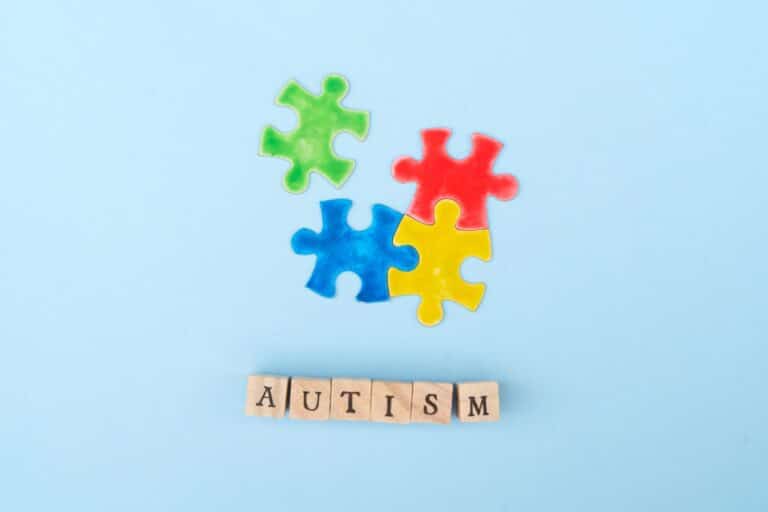Our gut is one of the most important things in our bodies. Treat it right, and you’ll feel great. Mistreat it, and you’ll feel the imbalance. If you’ve ever wondered if alcohol and gut health are related, this guide has you covered.
We’ll go over the physical effects of alcohol on your body and how it affects your digestive system. From a leaky gut to alcohol and bowel inflammation, we’ve rounded up everything you need to know about the painful effects alcohol has on our gut health.
How Does Alcohol Affect Your Body?
Alcohol causes oxidative stress that will upset the microbial balance in your gut. This means that bad bacteria multiply and kills off the good bacteria. You’ll have a variety of uncomfortable symptoms ranging from inflammation to digestive problems.
If you’re having stomach issues, the bad bacteria caused by alcohol could be to blame. In order for your gut to heal and restore the balance of good bacteria, treatment for alcohol addiction could be necessary.
With professional treatment, your digestive system will heal quickly. Without alcohol, the good bacteria in your gut are allowed to regenerate. You’ll notice an improvement in your digestive symptoms.
Common Alcohol-Induced Digestive Problems
Alcohol will cause a variety of stomach and digestive problems. Too much alcohol consumption over a long period of time can cause painful irritation and gut issues. Below are a few of the most common gut problems.
1. Feeling Bloated
Constant alcohol intake will eventually make your stomach feel bloated. Although bloating is common and often mild, too much is a sign of trouble. This discomfort is often a signal that more serious damage has occurred.
Bloating is an indicator that liver damage or digestive distress has reached a critical level. If you experience chronic bloating, your alcohol intake is likely the culprit.
2. Loss of Appetite
People who suffer from alcohol addiction often find their eating habits suffer. You could see you eat less, weigh less, and don’t get enough nutrients.
Alcohol will curb your appetite, as well. You’ll feel fuller and, in turn, skip meals. Skipping meals affects your energy levels, mood, and productivity.
3. Nausea
Because alcohol causes more bad bacteria in your gut, you could feel nauseous more often. Nausea causes stomach pain, cramping, and fatigue. You could also feel yourself throw up and become ill.
In addition to cutting out alcohol, changing your diet will help with nausea. A diet rich in fat, fiber, and protein will do wonders to stop nausea and improve your digestive health.
4. Constipation
An uncomfortable side effect of alcohol is constipation. Constipation is your body’s inability to pass stool and have a bowel movement comfortably. This will cause cramping and stomach pain.
Aside from cutting out alcohol, improvements in your diet will also help constipation. Concentrate on eating high-fiber foods. Vegetables, nuts, fruits, beans, and legumes are all great sources of fiber.
Foods that are rich in fiber also include green, leafy vegetables. Increase your intake of these gut-friendly foods, and you’ll see a big improvement in your constipation.
5. Excess Inflammation
Inflammation has several causes. Alcohol could be to blame for constant inflammation. Too much drinking will change the density of the lining in your intestines. This causes your body to overact.
Inflammation will cause discomfort, abdominal pain, chest pain, and trouble moving. You’ll have mobility and flexibility issues as well. Cutting out alcohol will reduce inflammation and get your body feeling and moving better.
6. You Always Feel Weak
Drinking heavily will take its toll on your body. You’ll feel a constant state of weakness. These dangerous bacteria enter your gut, and eventually, your bloodstream.
To combat the feelings of weakness and fatigue, cutting out alcohol is key. You also need to make sleep a priority and practice self-care. You can build your strength through physical activity as well.
7. You’re Immune System Suffers
When you’re always eating unhealthily, not getting enough sleep, and drinking too much, your immune system will take a hit. Now more than ever, it’s important to take care of yourself. With your immune system always on the defense, you’ll always feel sick.
Feeling sick and contracting viruses will wear you down. You could feel more tired, less focused, anxious, and depressed. You could find you’re getting more infections than you used to.
If you’re getting sick often, alcohol could be the problem. Cutting out alcohol will make you feel better and get your immune system back on track.
8. Leaky Gut
The “leaky gut syndrome” is one of the most dangerous side effects of consuming too much alcohol. With this syndrome, undigested particles of food and toxins enter your bloodstream and cause small gaps in the walls of your intestines.
When your intestines are damaged, your body will suffer from a host of dangerous symptoms. The most common are diarrhea, tiredness, heartburn, allergies, hemorrhoids, swelling, cramps, and infection.
In addition, your bowels are also affected. The tight bowel wall becomes loose, and tiny gaps begin to appear. Foreign materials come through the gaps, and the body attacks them.
This immune response causes inflammation that tears and damages the bowel walls. This can cause or further worsen Crohn’s disease, irritable bowel syndrome, and celiac disease.
Alcohol and Gut Health
When it comes to alcohol and gut health, problems and irritations often go hand in hand. The long-term effects of alcohol on your gut are often felt for years. From irritable bowel syndrome to loss of appetite, these symptoms affect your quality of life.
If you’re ready to take back your life, fill out the contact form here to speak with a professional about your struggles with alcohol. You’ll be one step closer to overcoming your addiction and feeling better, inside and out.






